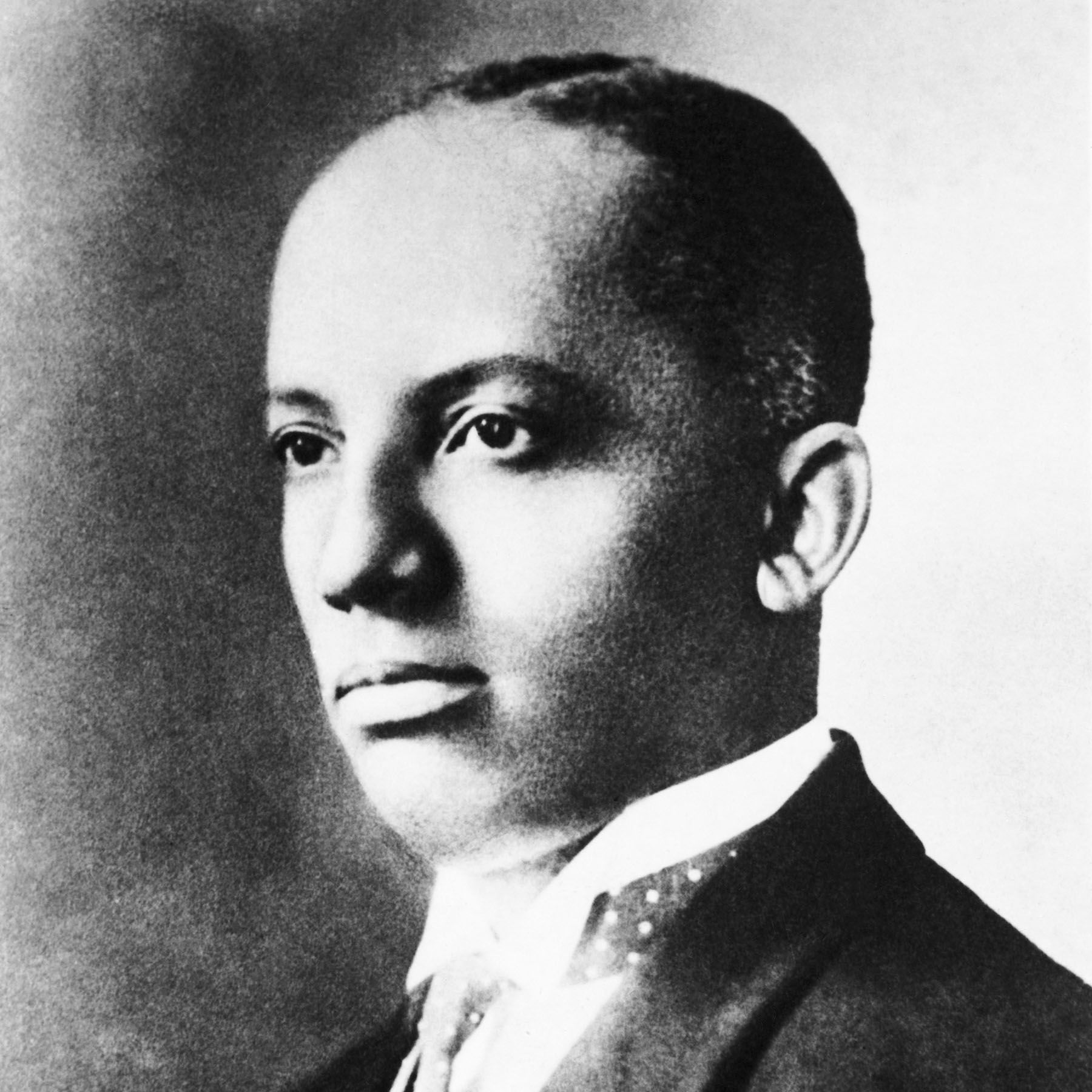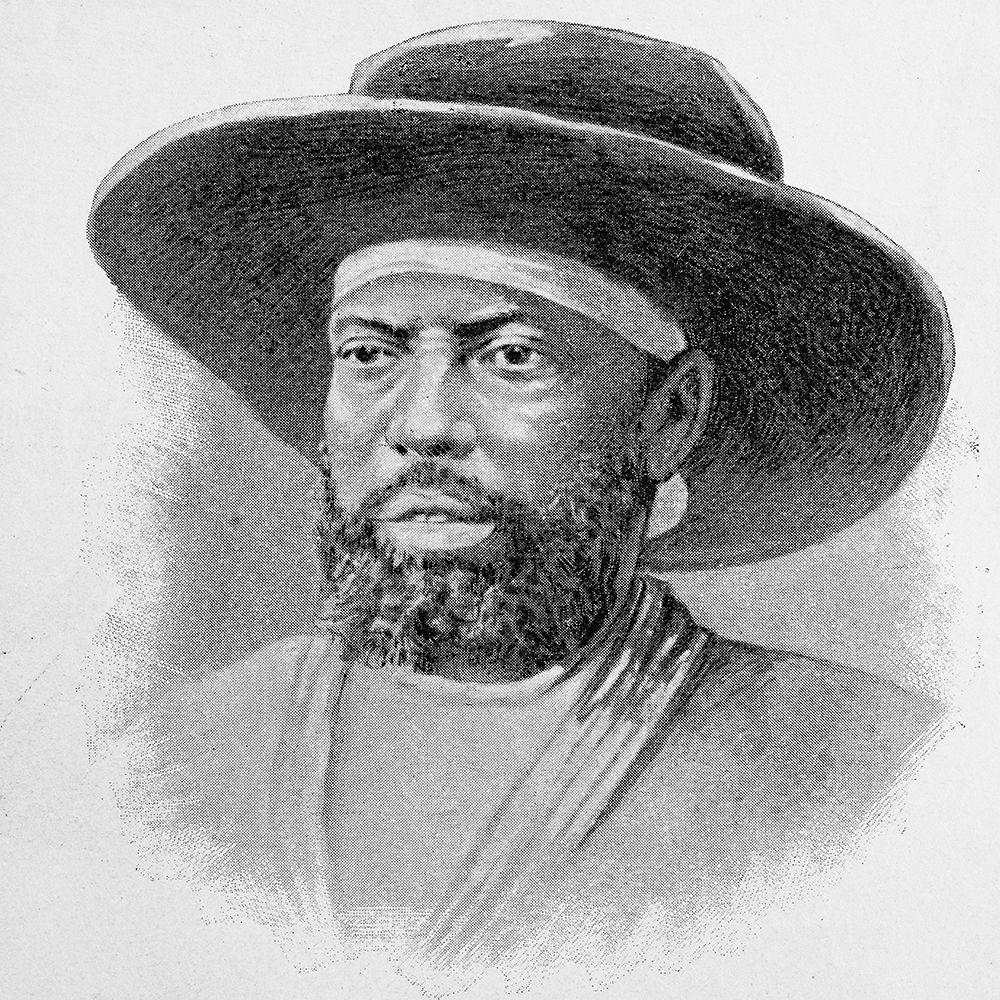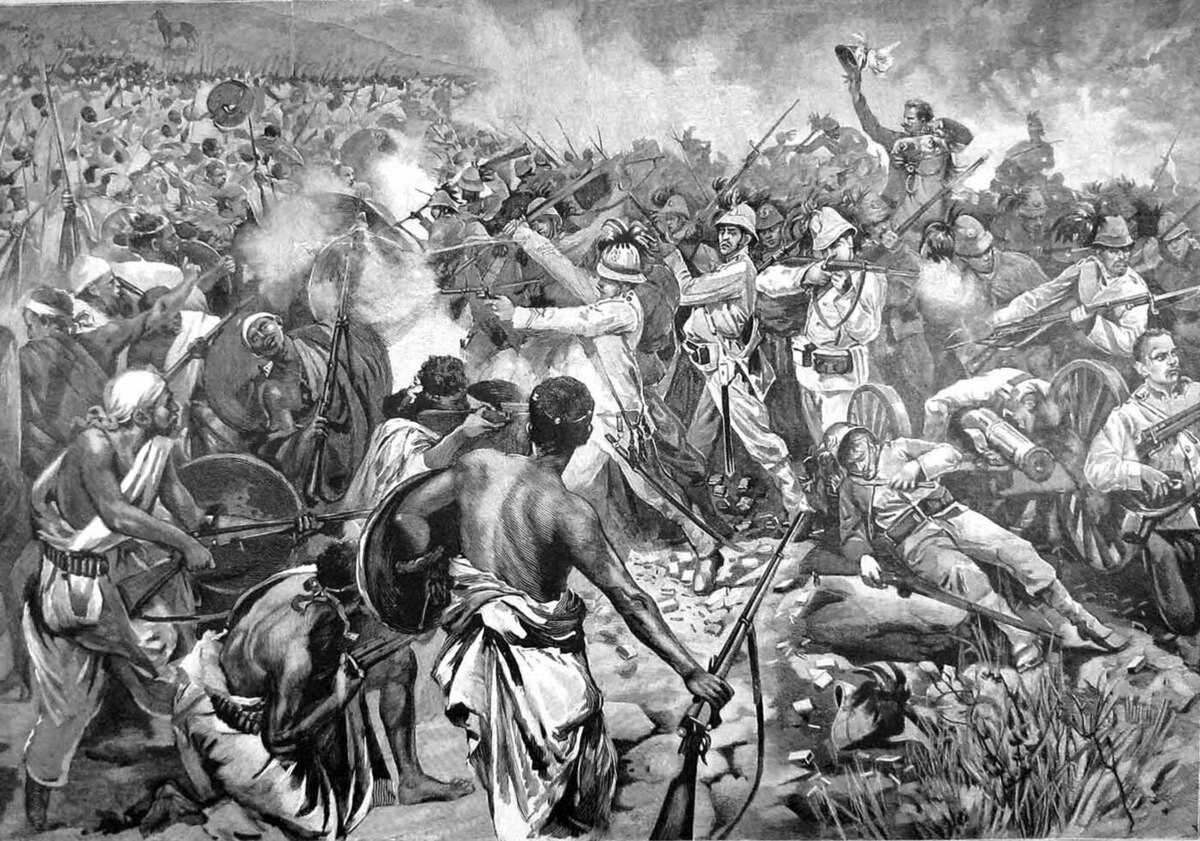African history does not start with slavery and end with Obama leaving office–‘Alik Shahadah
African History Month is a separate entity and should not be confused with Black History Month, an annual observance in the United States and Canada, as well as communities in Europe and the United Kingdom, honoring important celebrations and events within the history of the African Diaspora. It is celebrated annually in the United States, Canada, and most other places in February and in the United Kingdom in October.

Carter Woodson
Let us pause and give homage to Dr. Carter G. Woodson, founder of Negro History Week in 1926 and the African-British History Month was introduced in 1987 by Linda Bellos both are appreciated in our contemporary world. Also, we must pay tribute to countless activists, organizations, and governmental agencies that commensurate and celebrate annually. African communities everywhere owe them a debt of gratitude. However, we must not forget our ancestors and their history. If we do, we are negating thousands and thousands of years of our heritage. Africa is complex with over 2000 cultures, with different languages, traditions, and histories of their own.
During the 17th and 18th centuries, history was written by the Europeans that was mostly, distortions and misconceptions in order to justify and maintain their dominance over the world. Therefore, it’s important for Africans from all walks of life to re-learn history from their own perspective. African history's function is to address this issue, and “MONTH” will be unique because there will be no calendar limitations. In other words, it will begin on January 1st and ends on December 31st. Most importantly, existing celebrations and histories should be unified into one cultural forum. During a year, every day, week and month will have its own importance in presenting history from ancient cultures to the present day. However, there will be two sacred days; January 1st and March 1st. Both have their own significance.
January 1st, 1804 is to celebrate the Saint Dominique slaves who won their independence from France, declaring the Republic of Haiti, in honor of the original inhabitants. Marking, the only time in history that Africans fought and won their independence from a European power.

Menelik II
And also, on March 1st, 1896, Emperor Menelik II, and his Empress Taytu decisively, defeated the Italians on the battlefield in Adowa, Ethiopia, the only African country that entered into the 20th century that repelled Colonialism. Additionally, Ethiopia not only won independence but maintained its culture, including its written language and calendar. Indeed, these two events are special and should be recognized by Africans worldwide. Besides these two days, the other 363 will be used for history, including pools of established celebrations worldwide, serving several purposes; One is to give homage to already existing holidays around the world to appreciate and recognize. The other, Africans worldwide will enlighten each other. Another is exposing the histories that have been carefully hidden. Lastly, when new artifacts or contemporary events of importance will be presented under the banner of African History Month. Most importantly; this cultural forum will present the histories of the Diaspora’ and Africa under one umbrella.
The teaching of African history was forbidden during the Diaspora and colonialism. Its own culture was removed and substituted with various western cultures. In the Americas, Columbus’s so-called discovery was glorified and in England, the focus was on the accomplishments of Queen Victoria, and Admiral Nelson's exploits, and in France, it was Napoleon Bonaparte's achievements. Europeans have always robbed Africans of their accomplishments by crediting foreigners or non-Africans. Among them are the pyramids, Carthage, the Moorish empire, and African kingdoms, also, as great Zimbabwe and Kilwa states in east Africa.

Adwa Battle Ethiopia v Italy
Most disturbing is the continuation of specious claims even when the evidence and artifacts contradict the distortions. As far as they’re concerned Africa’s history, and achievements are too magnificent for them to acknowledge despite the fact they know the origin is African. In the past, there were historians who unravel distortions about history that is now available for everyone to appreciate. Among them were historians such as John Henrik Clarke, Chancellor Williams, J A Rogers, Asa Hillard II, Chekh Ada Diops. Ivan Van Sertima and many others. Today, there are scores of historians who elect to attack these organized allegations and report history accurately.
Significantly, Africans from all walks of life must identify and learn basic events that have been grossly misrepresented. World history began at the heart of Africa and spread throughout the continent. The main method of development was its waterways of the Nile, Niger, and Congo Rivers. And the world shared from the development of farming, domestication of animals, and fishing, and these contributions led to the development of other civilizations. There were over 300 kingdoms and Empires at both ends of the continent, some lasting only for a few centuries others flourishing for millenniums.
Despite irrefutable evidence, in today’s world, on the lips of other races, even though not often verbalized, Africans have not made any meaningful contributions to modern civilization. However, these issues have been addressed generations ago by noted historians as previously stated, and also, the Internet has constantly unraveled distortions and misconceptions at an accelerating pace. In today’s world, there is no need to acknowledge these silly allegations.
Africa and its history are thousands of years old and because of modern technology, it’s expanding in both directions. Every day, new discoveries and ancient artifacts are constantly being found, and African history month can be the cultural forum to identify and incorporate them into ongoing presentations. Now is the time for Africans worldwide to codify their history into one gigantic cultural forum. African history month is the inclusion of heroes, heroines, celebrations, and events on all five continents. Most importantly, hidden and less-known aspects of histories will be unveiled and presented to African global communities.
Currently, African-Americans and Africans celebrate a multitude of holidays, heroes, and events throughout the world. Among them is Black History month, (USA, Canada, Europe in February and Great Britain in October), Dr. King Day (USA) Kwanza (Global), Zumbi dos Palmares Day, (Brazil), Saba Saba(Tanzania), Jomo Kenyetta (Kenya) or African day (Many African countries).
They’re a number of vacant days that could be used to celebrate and honor such heroes as;
Gaspo Yanga, (Mexico) Abdias de Nasciemento (Brazil), Malcolm X (USA), Marcus Garvey (Jamaica), Olaudah Equiano (Great Britain), Patrice Lumumba (Zaire), Kwame Nkrumah (Ghana), Haili Salasse (Ethiopia) and so forth. Additionally, certain weeks could be dedicated to over 300 kingdoms and empires.
With certainty, African History month would be a positive undertaking not only enlightening the contemporary world but also, laying foundations for the future generations. Most importantly, it would mutually benefit Africans everywhere. This is an open invitation for collaboration with activists, organizations, newspapers, blogs, institutions; governmental agencies, and media to garner efforts to make this event a reality. Together with modern technology, the Internet, phone, and teleconferencing have made global communications affordable and accessible. Now is the time for Africans to codify their history into one gigantic forum. Additionally, and more importantly, it will help abate the constant bombardment of negative media that discharges specious allegations against Africans worldwide. As previously stated Boy and Negro was used during western domination for obvious reasons that were exposed. In the ’60s black was substituted for Negro and now it's time for another progression. The next step is to reclaim African ethnicity.
Although Africans were forced to embrace other European cultures, it does not change ethnicity. This also applies to other cultures that migrated. For example, they’re referred to by their separate ethnic group. After scores of generations, they’re still referenced by their respective culture, such as Chinese, Japanese, English, German, and so on. Although, the Diaspora victim’s exact location is impossible to identify. It sufficed to say; Africa should be used definitively with appropriate sub-categories. Here are a few examples: African-Brazilian, Afro-Cuban, Afro-Mexican and African-European, and Afro-Asian. Naturally, Africans on the continent is self-explanatory; Nigerian, South African, Kenyan, Ghanaian, and so forth.
Notably, when black Africa is used, it’s presupposing that there is a white Africa. The usage of African is essential because it reconnects culture, at home and abroad. When examining black closely, it’s a color that promotes division. And also, when accepted it is an imposed division among Africans because it has no connection to land or culture. Contrarily, when using Africa, it recognizes all aspects of its culture. Most importantly, when referencing ethnicity, the descriptive word should always be ” African.” Once more, the usage removes the contention that ancient civilizations and ruins in Africa are not black. When Africans take charge of their ethnicity, these specious allegations will be ignored. And also, when black is accepted and replaced, it would be ridiculous to say Egypt, Carthage or Great Zimbabwe are not African when their origin is located on African soil.
One last point, every culture throughout the world defines its own ethnicity, and Africans should not be an exception. Moreover, the Japanese, Chinese, or Koreans are never questioned. Significantly, these three cultures are distinctly different. Nevertheless, not one identifies themselves as being yellow. They’re recognized themselves as Asians.
Finally, ownership would negate the non-sense, Egypt, Carthage, Great Zimbabwe, Ethiopia or the Moorish civilizations are not African. We have rejected Negro and now it's time to put aside black and reclaim African ethnicity.
Why African History Month?
In today’s world, we have accepted foreign cultures, and different ideologies and embraced new identities. The whole dynamics of Africans, their people, and the victims of the Diaspora have dramatically changed. A new geography has been created in north and south America, together with the partitioning of Africa into over fifty countries. Moreover, modern history is a reflection of the European conquest, according to their interpretations. Learning history is more important than ever, because of the diversity, in Africa, and Africans scattered around the world. Appropriately, African history month is essential in presenting history in one place beginning from the dawn of civilization to today’s world. It’s akin to world history and with no time constraints... Conclusively, African history month is a gigantic cultural global forum for Africans from Cape to Cairo, west and east Africa together with those abroad.

